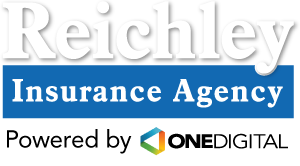Customer Service Skills Your Agent Needs
Insurance agents should always be considered a trusted advisor. As such, there are many unique skill sets an agent should possess. Without these skills you run the risk of having the wrong insurance program, being uninformed regarding your risks, and be frustrated whenever you call or meet with your agent.
Here are some of the skills of a trusted advisor:
- Has under taken additional training in the field of risk management and insurance.
- The trusted advisor puts clients’ interests in front of their own. Selling is dead, education is thriving. A trusted advisor will always put education over sales. If we stop trying to just make a sale and truly understand the customer needs, trust is formed.
- A trusted advisor is genuinely interested in their client’s business success. By showing this level of interest their clients were more open with them and invariably opportunities were identified through discussion.
- A trusted advisor has a team of experts working together to meet the client’s needs. You will receive personal attention and our team will even come to you. After you describe your personal situation, you will be presented with a custom-tailored insurance solution.
- Seek to understand. As Steven Covey so succinctly puts it in the The Seven Habits of Highly Effective People – “Seek first to understand and then to be understood”.
- Trusted advisors are genuine, real, individual people. People can sense when others are being insincere and the relationship never develops beyond the civil stage as the client mistrusts the sales person’s motives.







